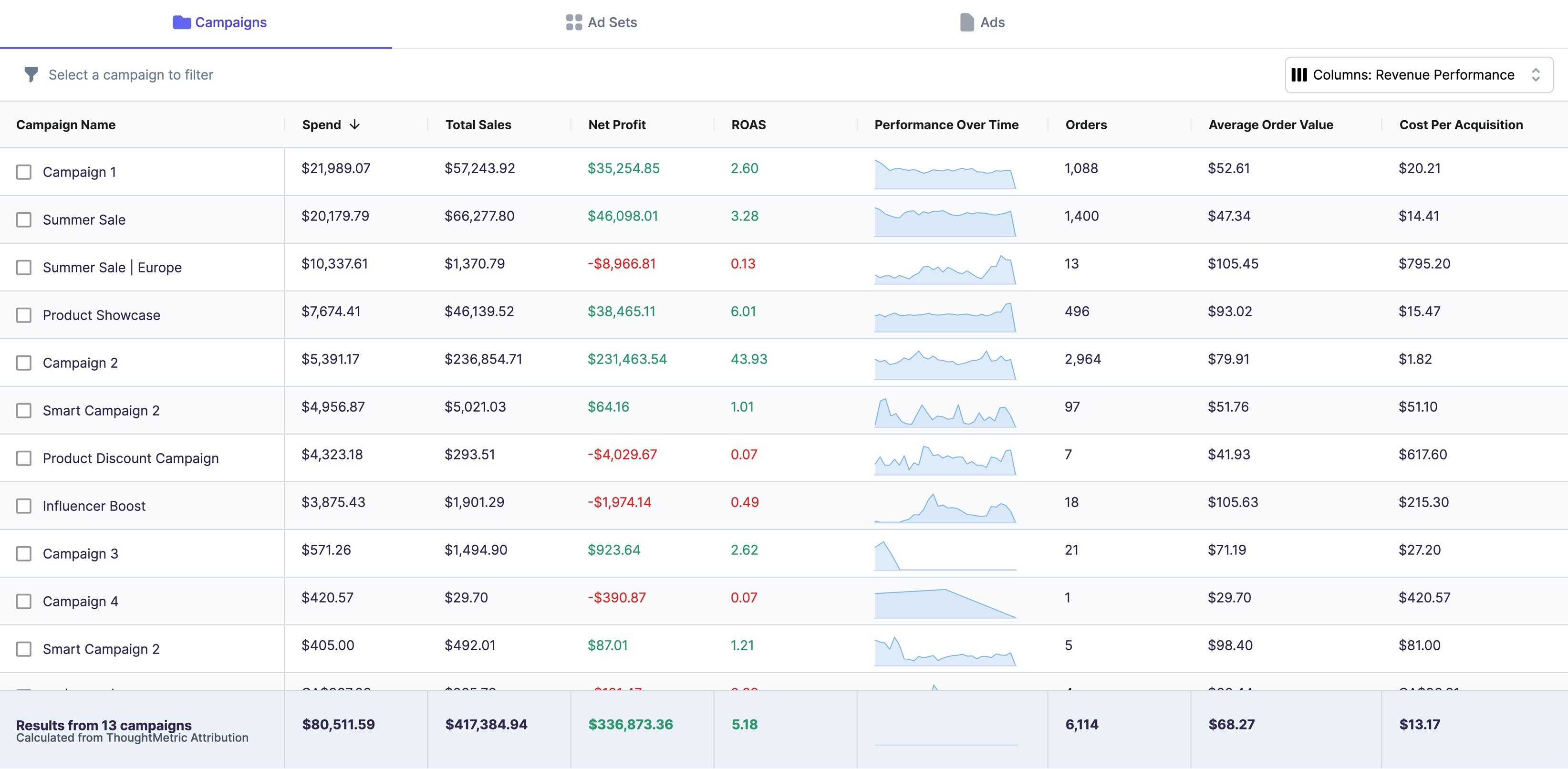Is ChatGPT becoming a real source of web traffic, or is it all just hype?
Key Areas of Focus
- Traffic Volume: How many users are arriving via ChatGPT
- Conversion Rates: Are these users converting or just browsing
- Channel Comparison: How does ChatGPT stack up next to traditional sources like Google Search
Highlights from the Report
Understanding the Shift: ChatGPT’s Impact on Digital Traffic
Inside, you’ll find:
- A timeline of how ChatGPT evolved from tool to traffic source
- A side-by-side comparison with Google Search traffic and conversions
- Benchmarks on how ChatGPT visitors behave differently
- What this shift means for performance marketers going forward
Frequently Asked Questions
Yes. While still early, data from 100 e-commerce stores shows that ChatGPT is starting to drive measurable traffic. It is no longer just a tool for conversation but is becoming a discovery and referral channel.
ChatGPT traffic is smaller in volume but shows unique user behavior. In our analysis, it had different landing patterns and conversion characteristics compared to Google Search.
Yes, especially if their content is well-structured and aligned with natural language queries. Brands with clear, informative product pages and helpful content are more likely to be referenced or linked in AI-generated answers.
Tools like ThoughtMetric can help monitor traffic that originates from domains like chat.openai.com. By comparing this traffic to other channels, you can understand how it performs and what role it plays in conversions.
Start by optimizing content for clarity and helpfulness. Track traffic sources closely, and pay attention to referral trends from AI platforms. Consider building a custom GPT or adding AI-friendly product guides to your site.





